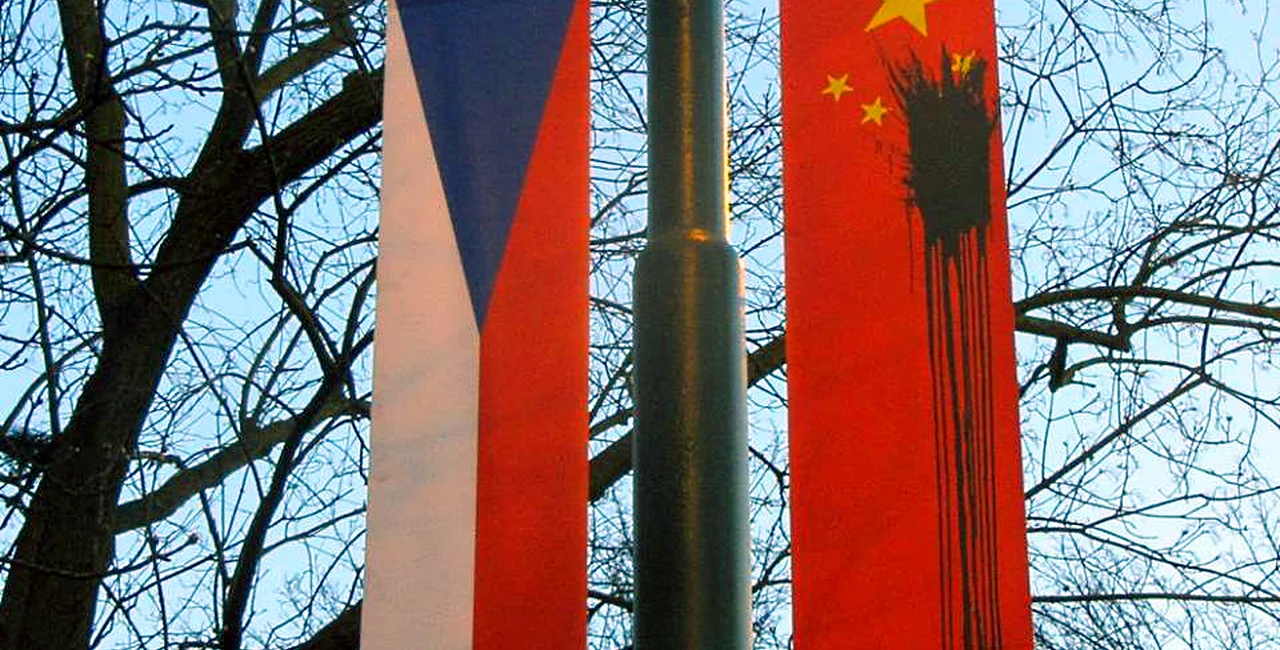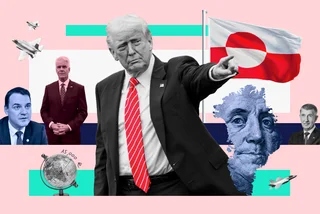Prague, Oct 9 (CTK) – The Chinese embassy views the City Council’s plan of Prague’s withdrawal from its sister pact with Beijing as a step harmful to trust and Chinese-Czech relations, ambassador Zhang Jianmin has said, adding that the city would see its own interests harmed unless it changed its approach.
Beijing has submitted a serious protest over the planned abrogation of the agreement by Prague, Zhang Jianmin wrote on Facebook.
Czech Foreign Minister Tomas Petricek (Social Democrats, CSSD) criticised the embassy’s statement today and said the Czech government has changed nothing in its approach to China. He would not anticipate China’s possible reaction to the City Hall’s step.
Prague Mayor Zdenek Hrib (Pirates) said China has been openly threatening Prague, and therefore partnership cannot be spoken about in such a case.
The Prague City Council (government), headed Hrib, decided on the city’s withdrawal on Monday due to the Chinese side’s unwillingness to discuss the deletion of the One China clause from the agreement. The plan still needs to be approved by the City Assembly.
Zhang Jianmin said the One China principle relates to China’s sovereignty and is a precondition for any cooperation and exchange China develops with foreign countries.
The Czech government observes the one China principle consistently, Zhang Jianmin emphasised.
He called on the Prague City Hall to change its approach as quickly as possible.
“If not, it will see its own interests harmed,” he added.
Reacting to him, Petricek told journalists today that he is “convinced that threats have no place in diplomacy.”
“I told the Chinese ambassador that we should focus on creating an environment that is friendly to the development of bilateral relations rather than presenting our exchange [of opinions] as media statements, which the Czech public assesses very negatively,” Petricek said.
He said he does not plan another meeting with Zhang over the latter’s words.
Petricek would not anticipate what China’s reaction to the Prague Council’s decision may be. The Czech government’s stance on China remains unchanged, he emphasised.
“We have clearly declared that we are interested in continuing the strategic dialogue with China we launched in 2016 and would like to see an inter-government meeting, whose date we have sought for long,” Petricek said.
He said he respects the decision of the democratically elected Prague City Hall and said he discussed the situation with Hrib last weekend.
“I told him that in the human rights field, the government has been doing much in relation to China and that this is a part of our dialogue,” Petricek said, adding that he warned Hrib that Prague’s decision may close the door to the Czech Republic’s discussion with China.
Hrib expressed conviction that the Prague City Assembly will approve the abrogation of the pact with Beijing next week.
“Partnership cannot be spoken about in a situation where your partner has addressed pure threats to you. Since the beginning, we have only wanted to depoliticise the relation between Beijing and Prague, so that the capital city is not part of the Czech Republic’s foreign policy,” Hrib tweeted.
The Chinese embassy’s position reflects its totalitarian view of the world, he added.
The Prague City Assembly approved the Prague-Beijing agreement under the former Mayor Adriana Krnacova (ANO) in February 2016. In the 65-seat Assembly, the pact was supported by 35 members representing the ANO movement, the CSSD, the Communists (KSCM) and a part of the Civic Democrats (ODS).
The current City Council, comprising the Pirates, the Prague to Itself grouping and the Jointly for Prague coalition, called on Beijing to remove the pact’s Article 3 with Prague’s proclaimed recognition of One China in January, arguing that political proclamations have no place in similar documents. Negotiations followed in writing.
The Chinese reacted negatively to Prague’s repeated urgencies to nod to the removal, and they did not react to the last urgency at all, which made Prague decide on the pact’s abrogation.
rtj/dr/kva












 Reading time: 3 minutes
Reading time: 3 minutes 


























